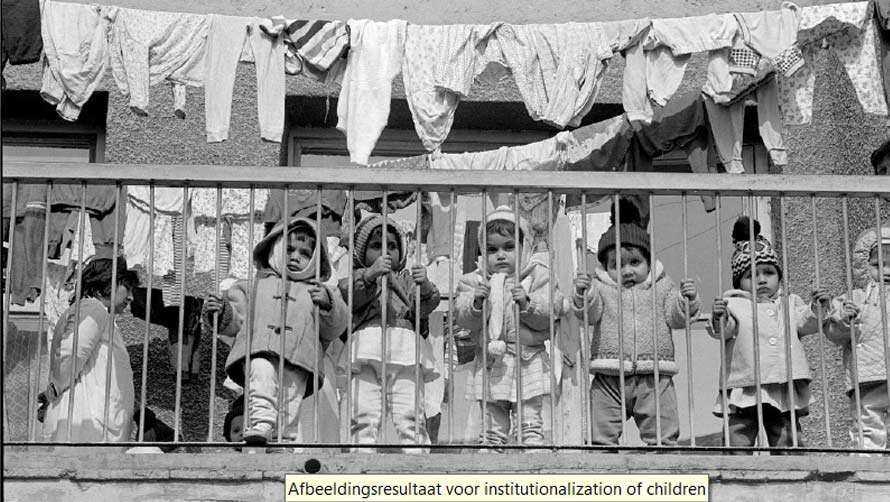
De-Institutionalization of Children in Nepal

Many people of all ages and different conditions (persons with disabilities, elderly, children and persons with mental health problems) live in institutions which tend to segregate them from the community. For decades, the existence of such institutional care was seen as a proof that society cares, that it does not leave vulnerable persons without assistance and that it provides the needy with food, shelter, clothing and treatment. Hence, is this really the best possible model societies can offer in the 21st century? Shouldn’t societies be aiming for more humane, person-centred, individualised models of care?
Every child has the right to grow up in a supportive, caring and nurturing family environment. However, Central Asia still has the highest numbers of children separated from their families. Therefore, this paper aims to raise awareness on the perverse effects of institutionalisation. The report provides a children-based approach, since it is understood that children are particularly vulnerable to the detrimental effects of institutionalisation. Furthermore, the focus is on Nepal, since this paper was commissioned by the Nepali NGO ‘CWISH’, who defends the rights of women and children. This paper also calls for the transition towards de-institutionalization. This process simply means taking kids out of large institutions and moving them into family-based care or other alternative childcare settings.
This problem will be approached through ‘a systematic analysis’. This includes five steps: first we signal what the central problem is. Then we look at the causes of institutionalization. The next step is to examine the consequences of institutionalization (positive and negative ones). On the basis of the above steps, we arrive at a scheme to structure the central problem. In addition, we perform a ‘check’ by changing the analysis level. This report ends with a positive message for a transition towards de-institutionalization and some good practices.
Feedback and Comment